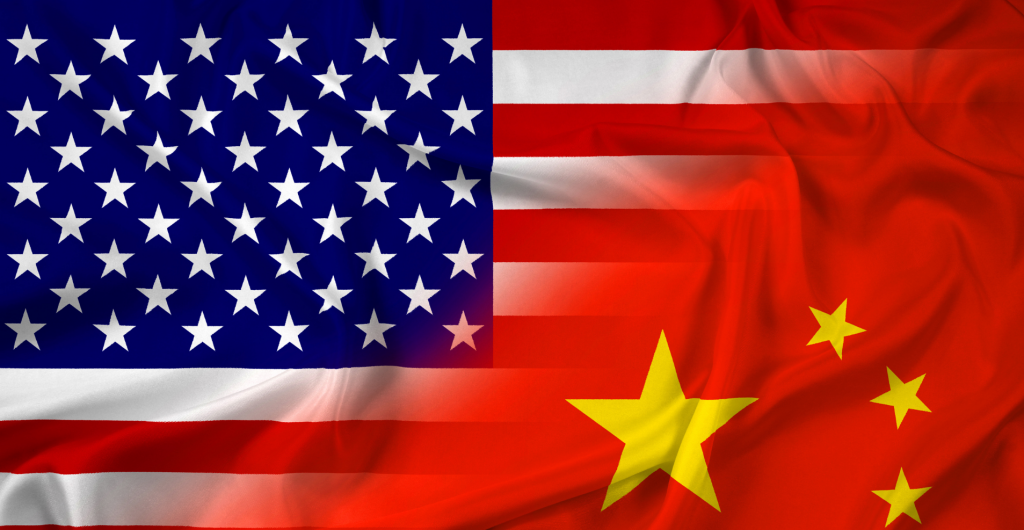In a recent move, the Trump administration announced a delay in the suspension of the “de minimis” provision, which has played a pivotal role in supporting international e-commerce. This policy allows packages valued under $800 to enter the United States without being subjected to tariffs, a key factor in driving low-cost imports and fast delivery from global suppliers.
Understanding the De Minimis Rule
The de minimis threshold was designed to streamline customs procedures for low-value shipments, enabling duty-free entry for small packages. This rule has been instrumental for major platforms like Amazon, Shein, Temu, Aliexpress, and Etsy, particularly for goods shipped from China.For businesses, the provision reduces administrative burdens and import costs. U.S. consumers benefit from access to affordable goods, particularly in categories like apparel, electronics, and household essentials.
Temporary Relief: A Delay in Suspension
The administration’s executive order has temporarily reinstated the de minimis policy by delaying its suspension. The delay will remain in effect until the Commerce Department enhances its systems for collecting tariff revenue. However, the executive order did not specify how long this pause will last.
Why This Matters to Importers and E-Commerce Businesses
- Potential Cost Increases: If the de minimis exemption is ultimately revoked, businesses importing under this provision may face higher tariffs, driving up product prices and shipping costs.
- Supply Chain Adjustments: Companies with optimized supply chains based on duty-free imports—especially Chinese e-commerce firms—may need to reevaluate their strategies to maintain competitiveness.
- Customs Compliance Challenges: More shipments would require full customs documentation and tariff payments, increasing administrative work for importers and customs brokers.
How to Prepare for Potential Changes
- Monitor Regulatory Updates: Stay informed about changes to U.S. tariff policies and potential impacts on your business operations.
- Partner with Experts: Collaborate with customs brokers like Clearit Customs to streamline compliance and minimize risks.
- Assess Your Import Strategy: Consider alternative sourcing options and budget for potential duties if the de minimis exemption is suspended in the future.
Conclusion: Adapting to Uncertain Times
While the reinstatement of the de minimis provision provides short-term stability, importers and businesses should remain vigilant. Preparing for a possible suspension of duty-free shipments will help ensure continued success in an evolving regulatory environment.
Clearit Customs is ready to support you through these challenges, offering expert advice and services to keep your imports running smoothly.






